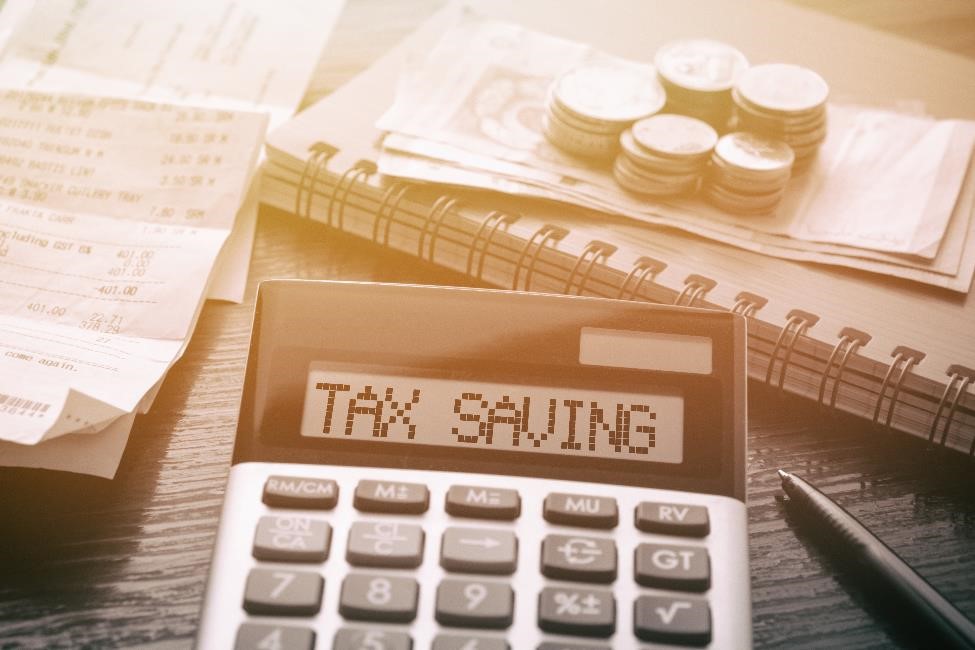
“In this world nothing can be said to be certain except death and taxes,” is a famous quote by Benjamin Franklin. Surprisingly, it also holds true in the world of wealth creation.
You invest in several financial instruments to get good returns and fulfill your life goals. You then later realize your capital gains are taxable. It is because they become a part of your annual income, which is non-taxable only to a certain limit.
Now coming to financial planning. It is a process of meeting your life goals through a disciplined approach to deal with finances. The building blocks for sound financial planning are risk management, retirement planning, asset allocation, investment planning and tax planning.
Not including tax-saving exercises as a part of your financial plan can have a negative impact on your overall returns. On the other hand, you can take advantage of all permissible deductions and rebates under the tax laws. For instance, an ELSS investment can make you get tax rebate of up to INR 1,50,000 as per the Income Tax Act. Similarly, there are other avenues you can opt to get more tax benefits. Consult an expert to find out the best options for you.
Tax-Saving Instruments You Can Invest in
Other than getting good returns, you can save yourself from paying a hefty amount as taxes by investing in tax-saving financial instruments. It is always good to get your tax-planning in order right at the beginning of a new financial year and avoid hassles that may arise later.
Here are a few tax-saving investment instruments you can choose:
-
National Pension Scheme (NPS)
When you think of the term ‘pension’, you immediately picture retirement. This is what Indians think of pension. Unlike the pension benefits associated with pursuing a government job, you can plan for your retirement by investing in NPS.
NPS is a government-sponsored scheme which was initially launched for government employees in 2004 but later opened to all sections in the year 2009. Under this scheme, you can regularly contribute to your pension account during your work life to secure a regular income post your retirement.
This scheme comes with a tax advantage. Your contribution to the NPS is eligible for tax deduction as per Section 80CCD (1) of the Income Tax Act, with an additional deduction of INR 50,000 as per Section 80CCD (1B).
-
Public Provident Fund (PPF)
PPF is one of the best tax-saving tools for self-employed individuals who are not covered under the Employees’ Provident Fund (EPF). It is a long-term saving scheme that has a lock-in period of 15 years, meaning you cannot withdraw what you invest in it for a minimum of fifteen years. However, you can further increase the lock-in period in multiples of five years. Backed by the Indian Government, it is completely risk-free, and it gives you interest at the rate of 7.9% currently which is compounded annually.
To avail the benefit of PPF, you need to open a PPF account in a bank or a post office near you. The amount you can invest in this fund ranges from INR 500 to INR 1,50,000 maximum as installments or as a lumpsum amount. As a tax benefit, you can avail a maximum rebate of INR 1.5 Lakhs
-
Equity-Linked Saving Scheme (ELSS)
While there are several investment avenues for wealth creation, most of them give returns that are taxable in nature. ELSS, on the other hand, is a scheme with which you get good returns, and they are only partially taxable. It is a tax-saving mutual fund whose major proportion is invested in equity schemes. It has a shorter lock-in period of three years as compared to other long-term investment schemes.
Through this scheme, you can invest money over a time-period, without the need to invest a bigger amount in one go. Your contribution to this scheme per annum is exempted from tax under Section 80C of the Income Tax Act. Also, long term gains of up to one lakh rupees are not taxable.
Summing It Up
Financial planning is about managing finances to help you achieve your life goals. It is crucial to keep taxation in mind as it can help you save money every year while paying the taxes over your overall income. If you aren’t fully aware about the tax benefits of diverse schemes, get help from a financial expert like FinEdge.
